Many game fans will tell you that they would love to be making games for a career, and yet relatively few know what game development actually entails.
Following my chat with PlayStation Home producer Ali Bergstrom-Allen last week, I caught up with Dave Ranyard, game director of SingStar and DanceStar Party, to talk about how games get made and how he got a career in making them.
In Dave’s words:
Making games is like climbing a mountain: yes, you look forward to getting to the top or holding the box in your hand, but often the pleasure comes from stopping along the way and seeing what you’ve achieved – checking out the view. Just last week Charlie, our lead designer on DanceStar Party, dropped me an email to say how happy he is with what we’ve built and I share that. Times like that are the best part of my job.
We’re releasing DanceStar Party soon so that is what this year has been devoted to. It all started with the initial pitch and part of putting that together is discussing high-level design, which is where we decide what specific features the game will have or how many it will support, to give examples. We’ll also work with the programmers at that time to get some really early code together with which to demonstrate the idea to senior management.
When you do those pitches you go to something called a ‘green light meeting’, which is a little bit like Dragon’s Den, in that you have 15 minutes to sell your big idea and convince Sony as a company to give you the money to go ahead and make it. For DanceStar Party, it went well so we moved into full production.
I’m really proud of the project: it looks great, I think it will sell well and we haven’t crunched people to achieve that because the staff we have are at the right levels in terms of skill and responsibility.
London Studios is pretty good when it comes to getting the work/life balance right. I might have to stay late from time to time because we’re finishing off a game or because I need to attend a call to America but I get to put my kids to bed almost every night. I have a theory that I’d rather have a surgeon that works 40 hours a week and plays golf at the weekend operating on me, as opposed to one that works 120 hours and sleeps in the hospital; the same applies to the person writing my code.
I really like social games that bring people together and I love music, and that’s where much of my career has been spent. I wasn’t particularly impressed with school at the age of 16 so I left, played in some bands and opened a shop selling second-hand clothes and antiques.
When I was 19 I went to my local Polytechnic and got a HNC in computing, before moving on to a degree in computer science and then, after working for a little while, a PhD in Artificial Intelligence. Just as I was finishing that, a games studio opened in Leeds and I got a job as a programmer. That was 1996 and I’ve been making games ever since.
At that time I was in a band that toured and recorded a couple of albums, and that music background held me in good stead when I moved to SCEE and got to build the recording studio that we have here. I started as a programmer, moved into the audio side of things, then into music licensing and development support, and then three years ago I started running the SingStar team and have been doing that ever since.
Getting in to the game development business is about playing to your own strengths; it’s unlikely you’re going to find someone that’s a great artist, programmer, musician and manager right off the bat. If you know you’re great at art then you’re probably better off going down that route. If you have a strong aptitude for science or maths then you might be suited to programming. Game designers are a little bit special in that it’s more about imagination – I suspect that some people just have that in them, and that a great designer could just as easily design a great bottle opener as a video game.
Great teams make great games so we’re always looking for people that will come in, understand our culture and not make a negative impact on it. Generally, that’s smart and creative people who have a passion for what they are doing.



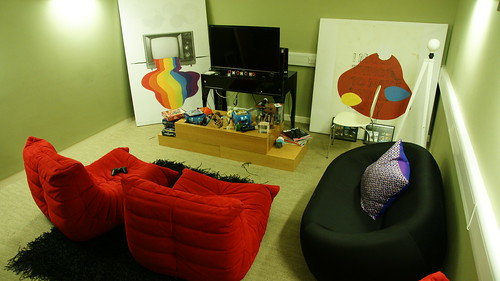
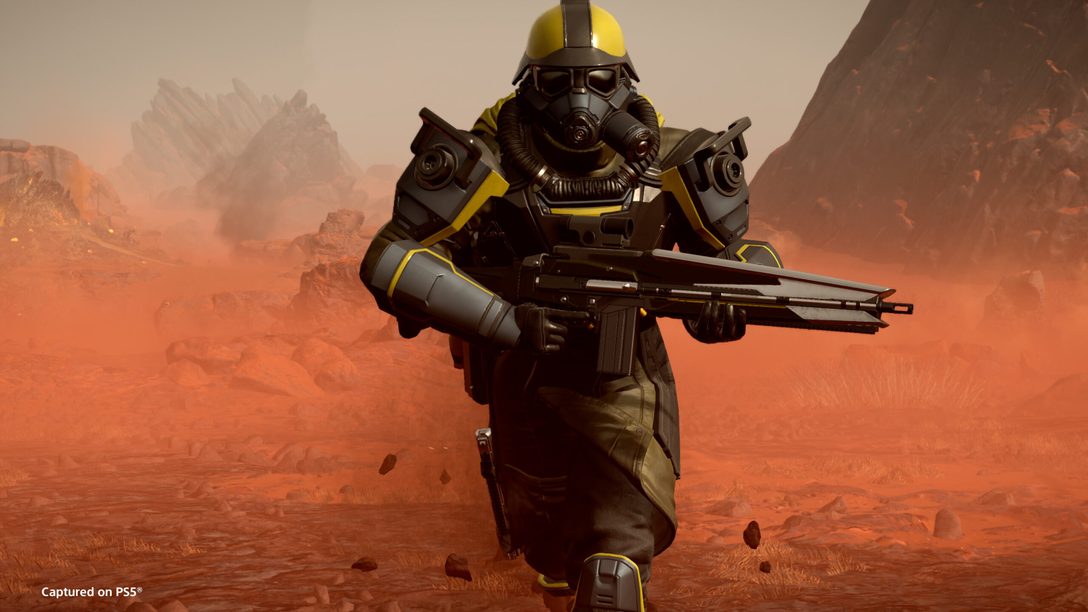
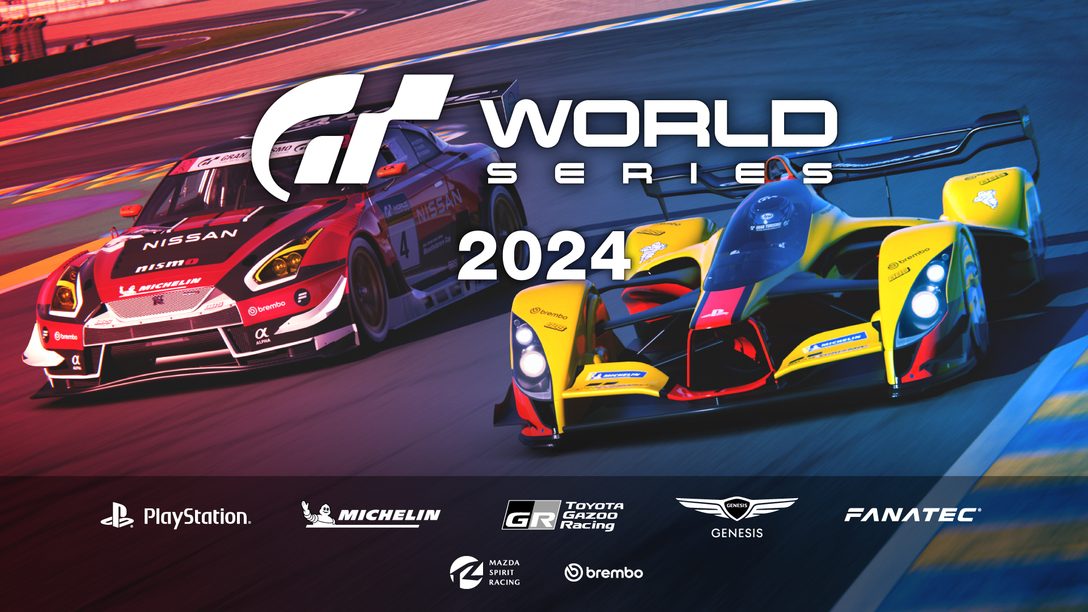
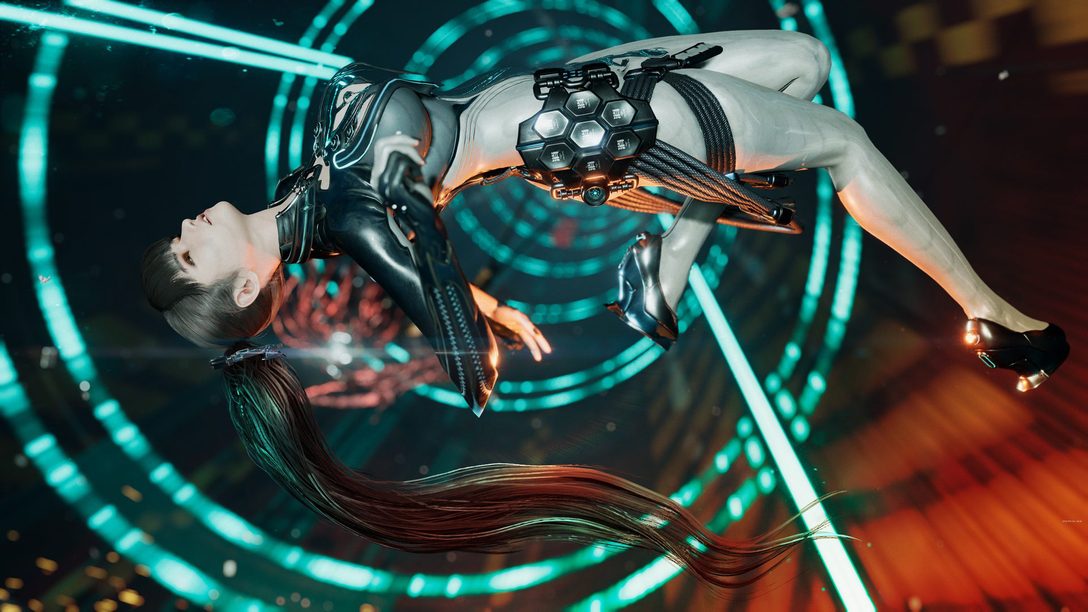
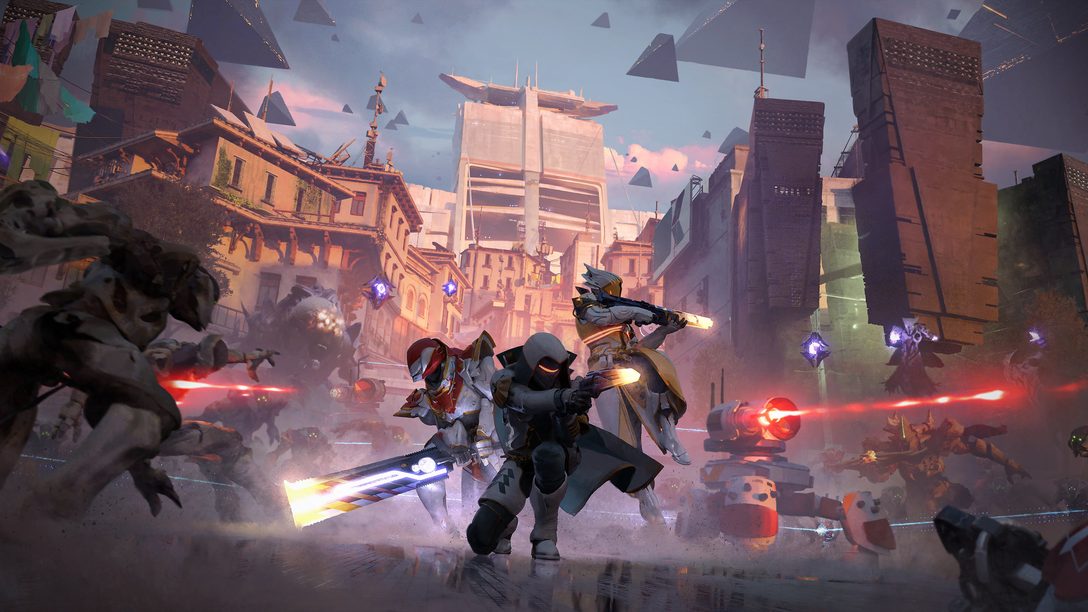
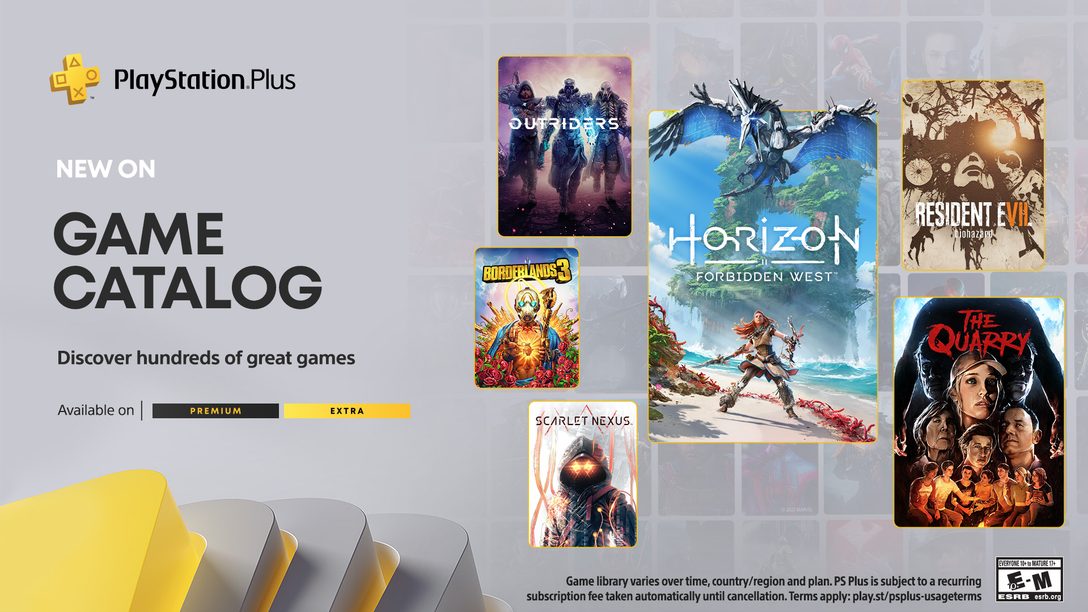
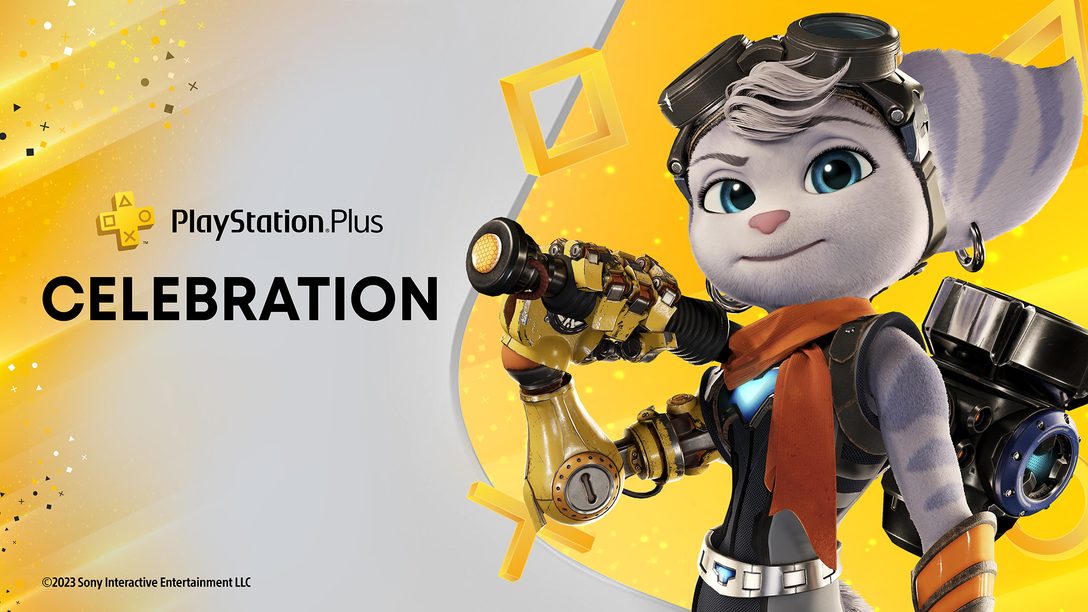

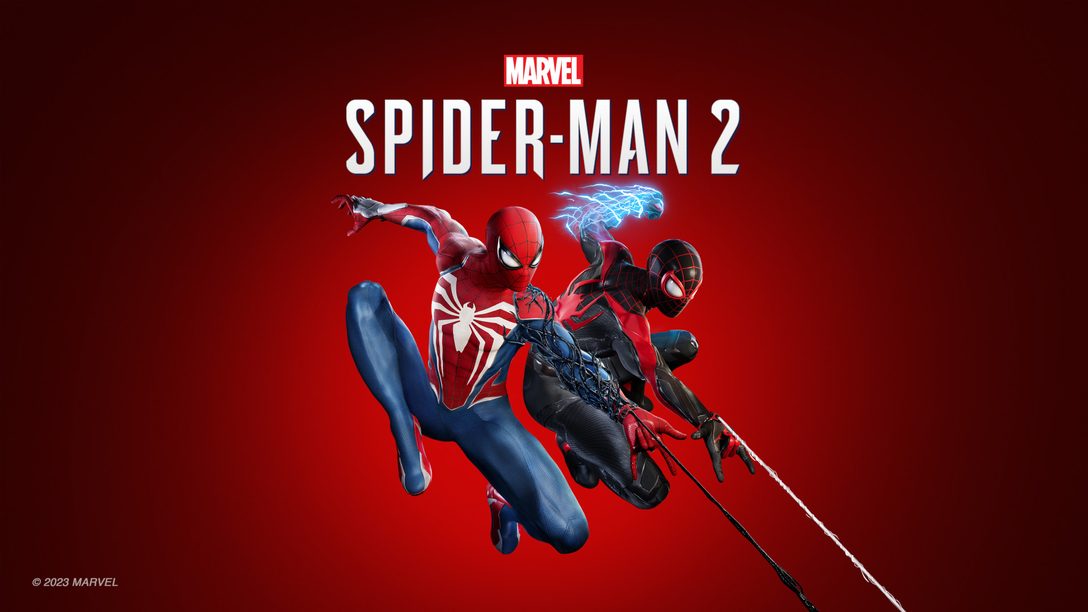
Join the Conversation
Add a CommentBut don't be a jerk!
13 Comments
Loading More Comments